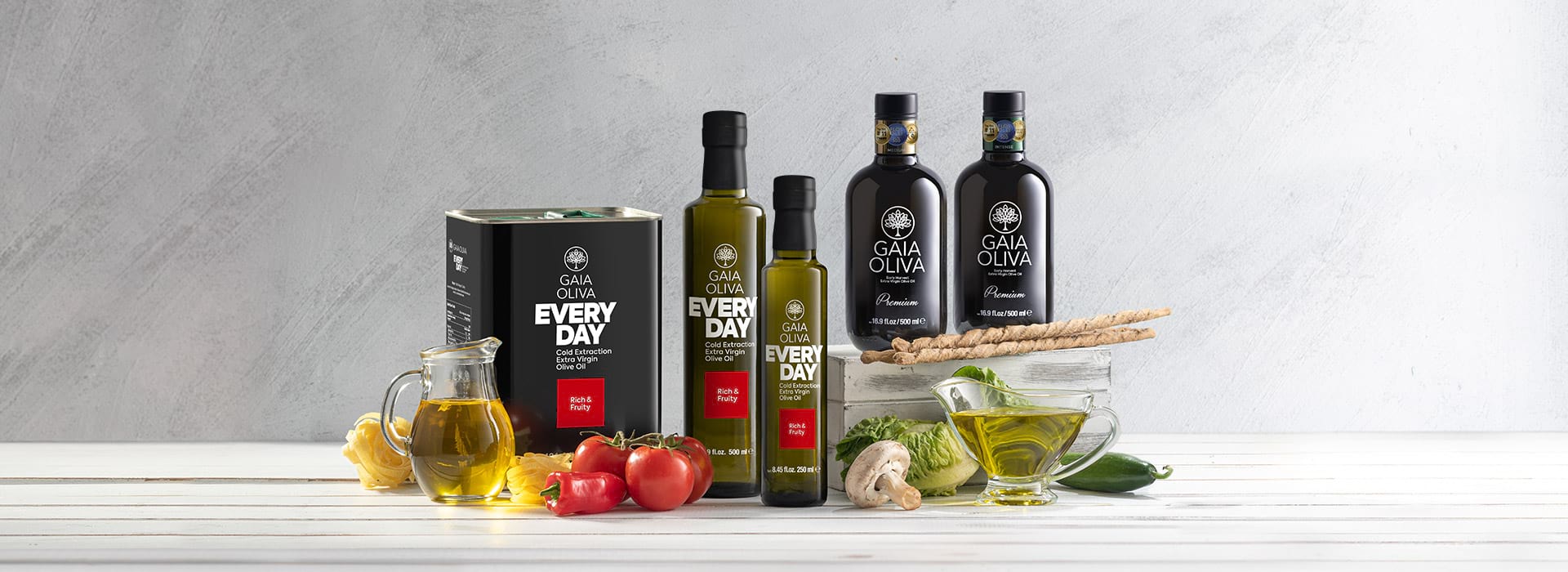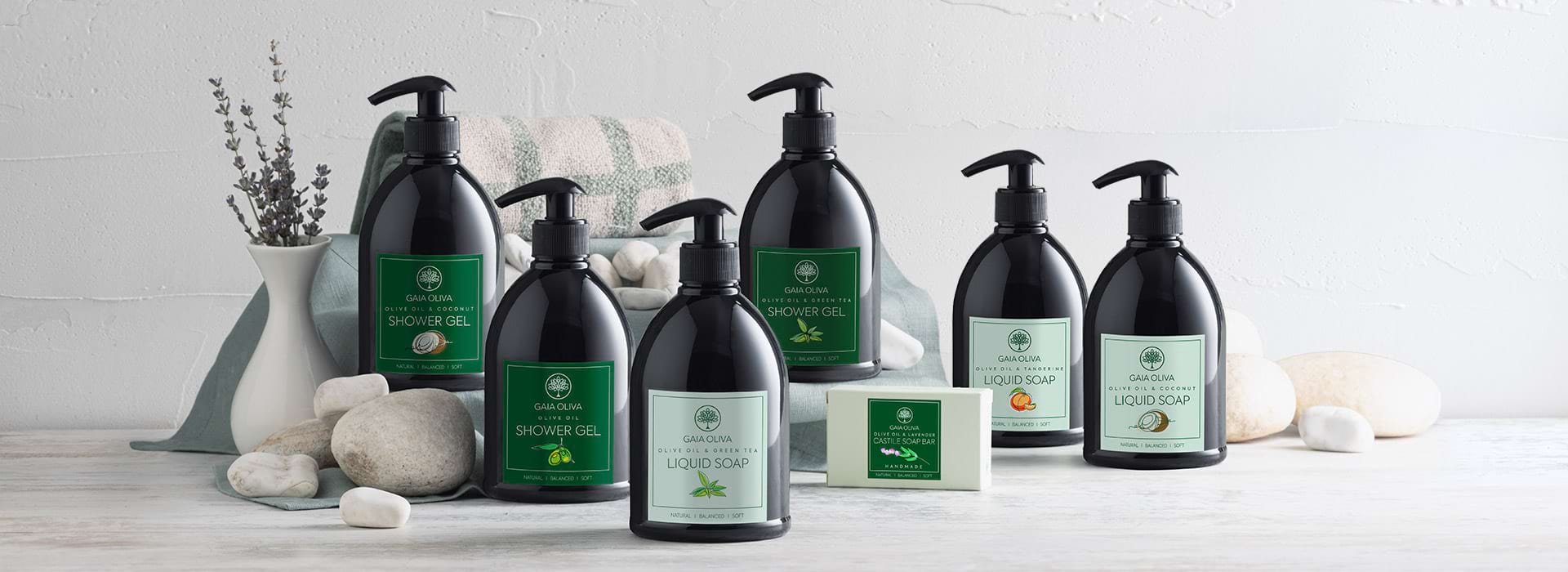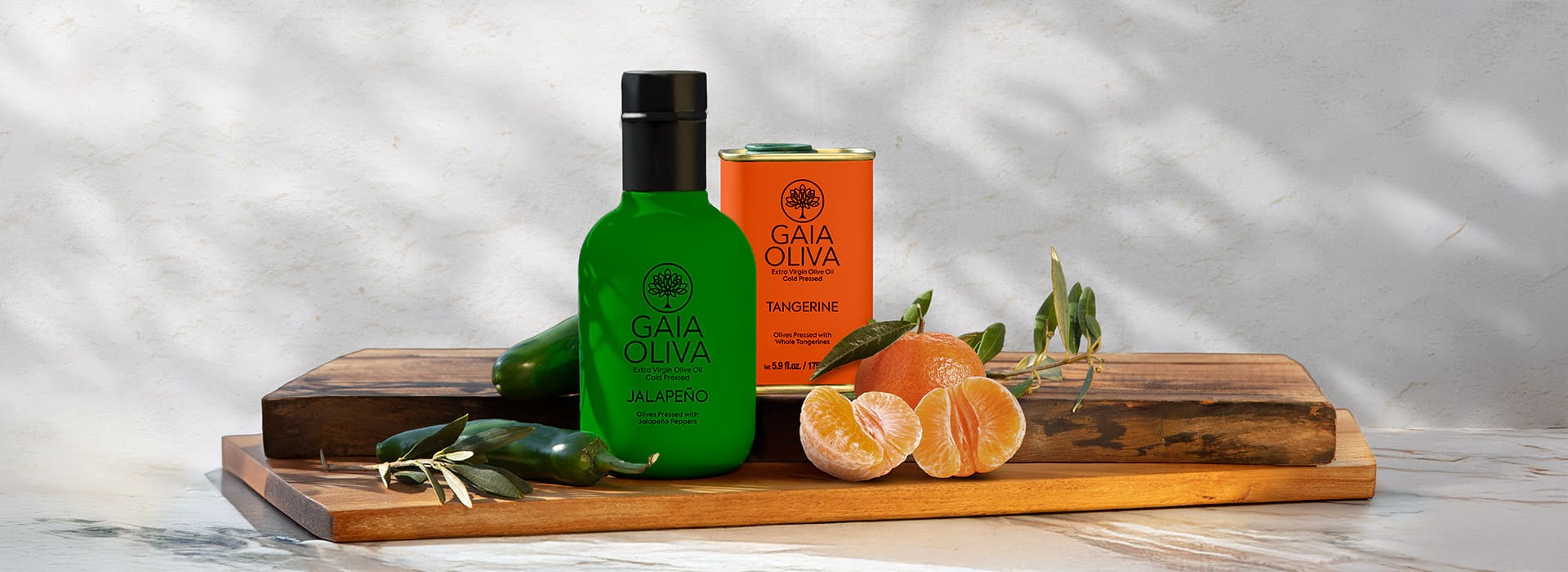SAVING THE PLANET AND YOUR WALLET:
5 SIMPLE TIPS TO REDUCE KITCHEN WASTE
Life moves fast, technology keeps advancing, and every day we’re bombarded with new products and services to try. But let’s face it—this cycle of endless consumption often leads us to buy more than we need, leaving us with a growing pile of waste. Our kitchens, the heart of our homes, are sadly also one of the main hotspots for food waste.
According to the UN's 2024 Food Waste Report, households are the biggest contributors to food waste. In 2022 alone, 1.05 billion tons of food were wasted worldwide. That’s about 79 kg of food wasted per person each year! And when you consider the energy and water resources used to produce that food, the impact goes far beyond just the food itself. So, how can we break this cycle?
It’s simpler than you think. By adopting a zero-waste mindset in how we consume food and managing waste better in our kitchens, we can make a big difference. Let’s dive into five practical ways to cut down on waste and work toward a more sustainable future.

1. PLAN YOUR SHOPPING TRIPS
The first step to reducing kitchen waste? A solid shopping plan. Knowing exactly what you need before heading to the store is key to avoiding unnecessary purchases.
Start by planning your meals for the week, then check your pantry and fridge to see what you already have. Make a list and stick to it. This simple habit not only keeps excess food out of your trash but also saves you money.

2. STORE FOOD THE RIGHT WAY
Did you know that improper storage is one of the main reasons food goes bad? Different foods have different storage needs. Some thrive in the fridge, while others do best in a cool, dark place.
Pay attention to how you store perishable items like fruits, vegetables, and dairy products—they spoil faster than pantry staples. Buy only what you need and store the rest properly. A well-organized fridge with the right temperature settings can work wonders in keeping your food fresh for longer.

3. GET CREATIVE WITH LEFTOVERS
Cooking often leaves us with leftover ingredients or scraps, like veggie stems or fruit peels, that we tend to toss out. But with a bit of creativity, these can be turned into something useful.
For example, blend leftover vegetable stems with cucumber and lemon for a refreshing juice, or chop them finely to add extra flavor to your dishes. Leftover veggies? Perfect for a hearty soup. Stale bread? Turn it into breadcrumbs. By giving leftovers a second life, you’re cutting waste and adding a dash of creativity to your meals.

4. MAKE YOUR OWN COMPOST
Composting is a fantastic way to handle organic kitchen waste. Instead of throwing out vegetable peels, coffee grounds, or food scraps, you can turn them into nutrient-rich compost for your plants.
Home composting machines make it easy to get started. Once your compost is ready, use it to nourish your potted plants or garden flowers. It’s a simple yet impactful way to turn waste into something valuable.

5. COOK JUST ENOUGH
When it comes to cooking, portion control is key. Preparing more food than needed often leads to uneaten leftovers, which then go to waste. Instead of thinking “the more, the merrier,” focus on making meals that match the number of people you’re serving.
Stick to portion sizes in recipes and only cook what you’ll actually eat. If you do end up with extra food, store it properly and enjoy it the next day—or reinvent it in a new dish.
By following these tips, you can keep more food out of the trash and bring a touch of sustainability into your kitchen. Remember, every little step matters—not just for you, but for the planet, too. Taking a mindful approach to waste is a responsibility we all share.
At Gaia Oliva, sustainability is at the heart of everything we do. From production to waste management, we’re committed to protecting the environment and conserving natural resources. To learn more about how we manage waste during olive oil production, check out our article “The Importance of Waste Management in Olive Oil Production.”











Leave a comment